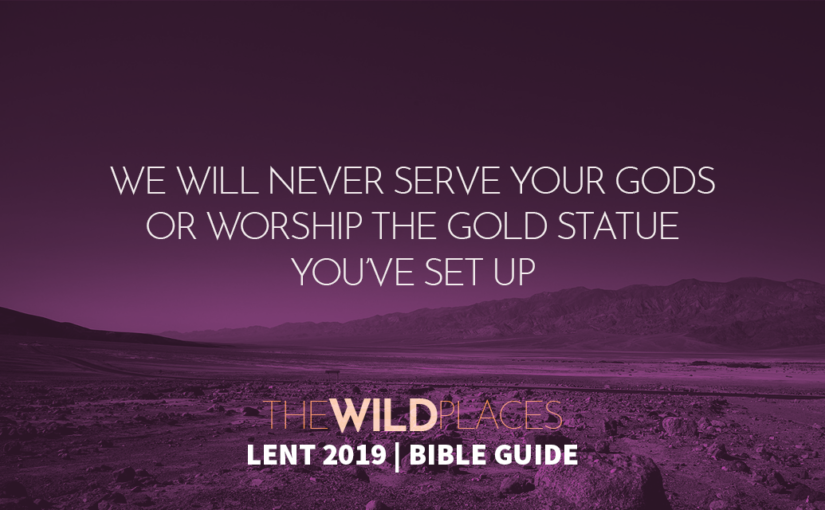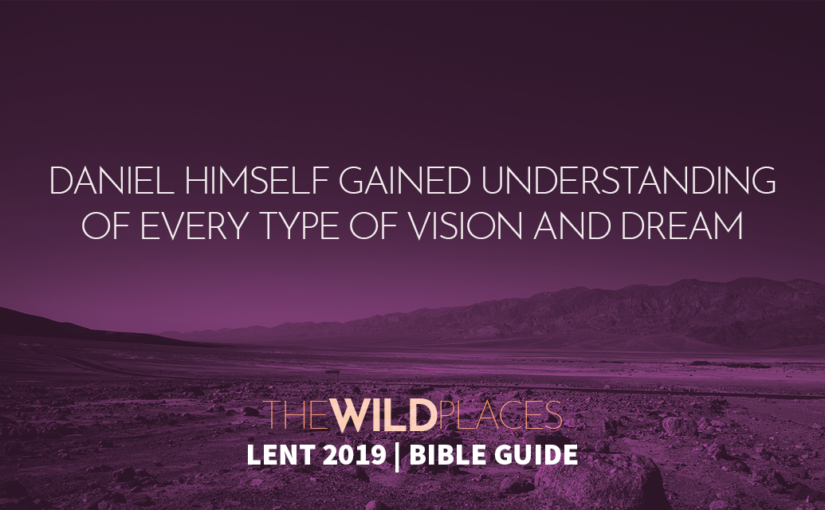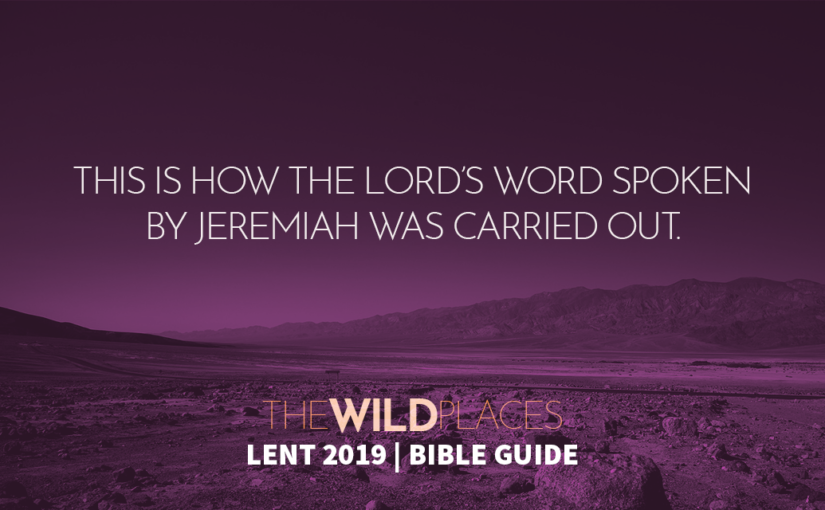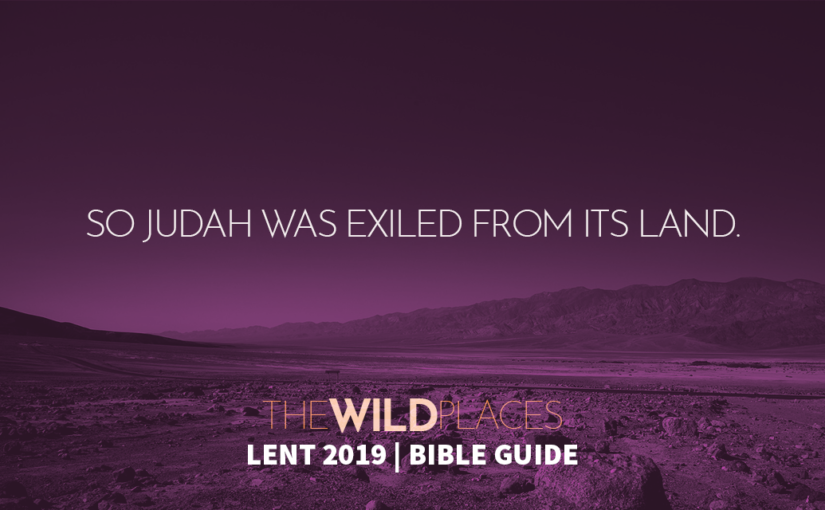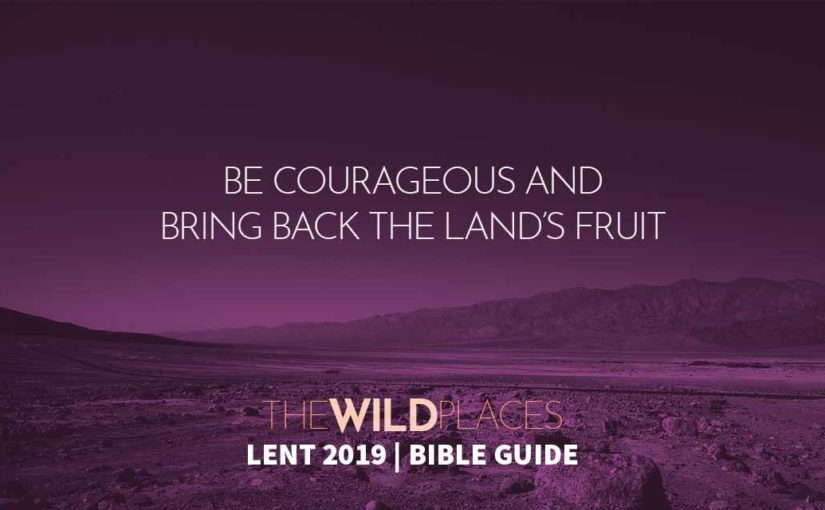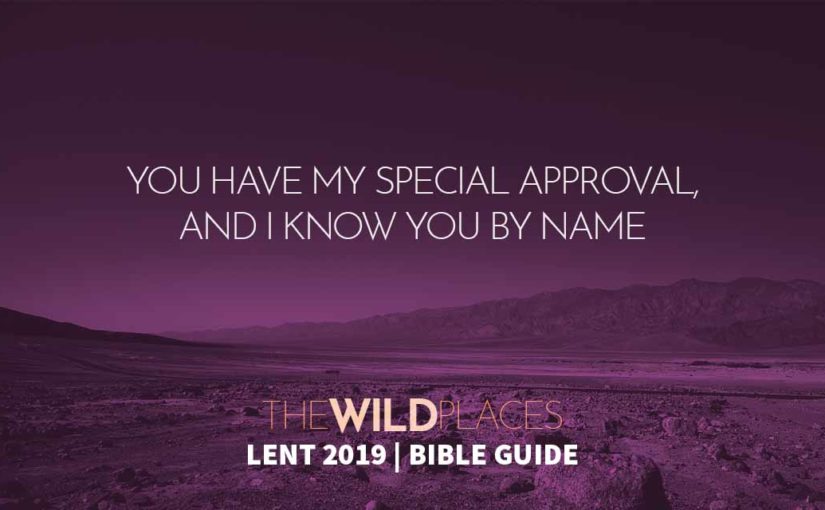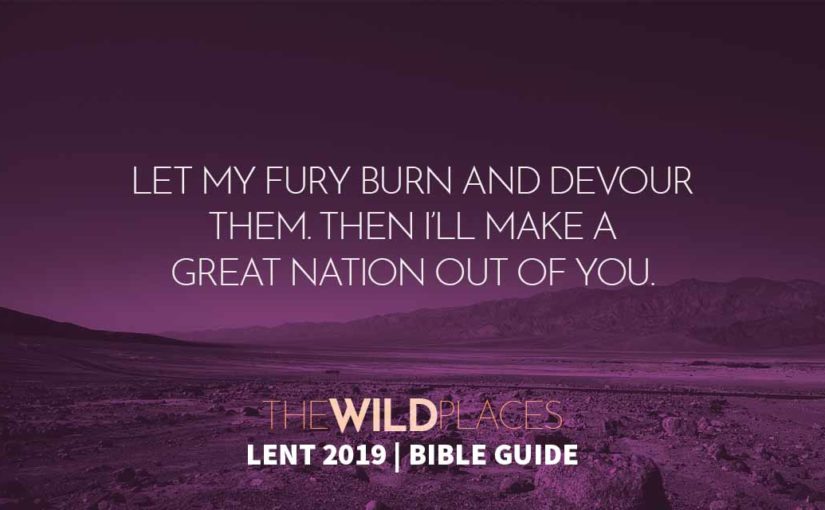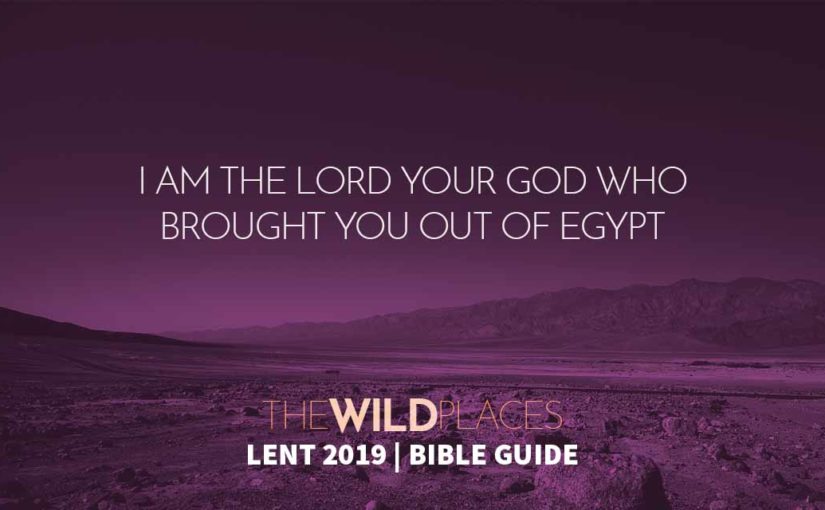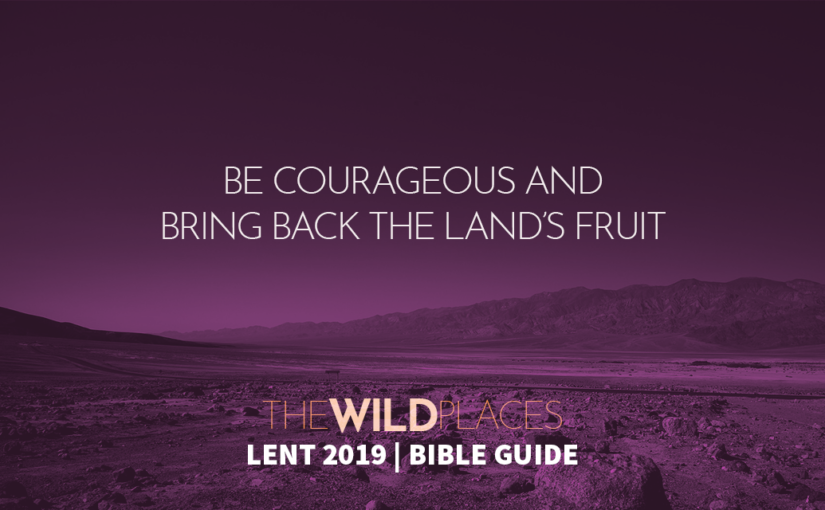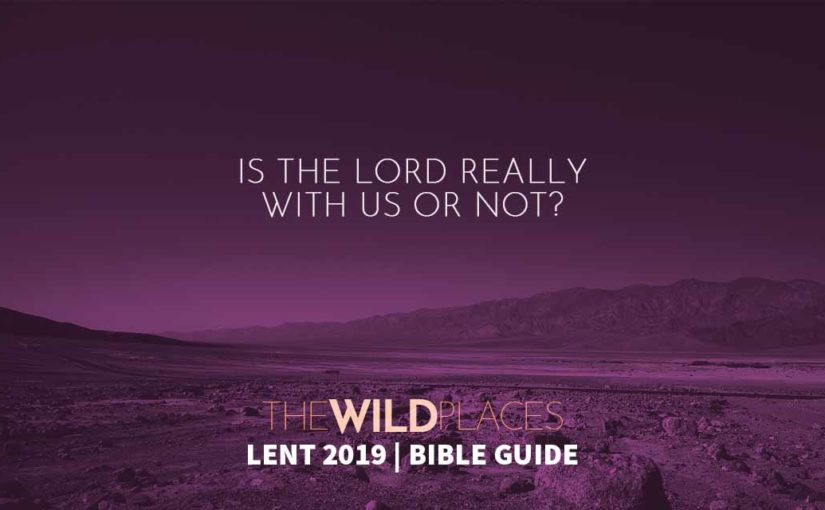Thursday, March 28
Daniel 3:1-18 (CEB)
3 King Nebuchadnezzar made a gold statue. It was ninety feet high and nine feet wide. He set it up in the Dura Valley in the province of Babylon.2 King Nebuchadnezzar then ordered the chief administrators, ministers, governors, counselors, treasurers, judges, magistrates, and all the provincial officials to assemble and come for the dedication of the statue that he had set up. 3 So the chief administrators, ministers, governors, counselors, treasurers, judges, magistrates, and all the provincial officials assembled for the dedication of the statue that King Nebuchadnezzar had set up. They stood in front of the statue the king had set up. 4 The herald proclaimed loudly: “Peoples, nations, and languages! This is what you must do: 5 When you hear the sound of the horn, pipe, zither, lyre, harp, flute, and every kind of instrument, you must bow down and worship the gold statue that King Nebuchadnezzar has set up. 6 Anyone who will not bow down and worship will be immediately thrown into a furnace of flaming fire.” 7 So because of this order as soon as they heard the sound of the horn, pipe, zither, lyre, harp, flute, and every kind of instrument, all the peoples, nations, and languages bowed down and worshipped the gold statue that King Nebuchadnezzar had set up.
8 At that moment some Chaldeans came forward, seizing a chance to attack the Jews. 9 They said to King Nebuchadnezzar:
“Long live the king! 10 Your Majesty, you gave a command that everyone who hears the sound of the horn, pipe, zither, lyre, harp, flute, and every kind of instrument should bow down and worship the gold statue.11 Anyone who wouldn’t bow and worship would be thrown into a furnace of flaming fire. 12 Now there are some Jews, ones you appointed to administer the province of Babylon—specifically, Shadrach, Meshach, and Abednego—who have ignored your command. They don’t serve your gods, and they don’t worship the gold statue you’ve set up.”
13 In a violent rage Nebuchadnezzar ordered them to bring Shadrach, Meshach, and Abednego. They were brought before the king.
14 Nebuchadnezzar said to them: “Shadrach, Meshach, and Abednego: Is it true that you don’t serve my gods or worship the gold statue I’ve set up? 15 If you are now ready to do so, bow down and worship the gold statue I’ve made when you hear the sound of horn, pipe, zither, lyre, harp, flute, and every kind of instrument. But if you won’t worship it, you will be thrown straight into the furnace of flaming fire. Then what god will rescue you from my power?”
16 Shadrach, Meshach, and Abednego answered King Nebuchadnezzar: “We don’t need to answer your question. 17 If our God—the one we serve—is able to rescue us from the furnace of flaming fire and from your power, Your Majesty, then let him rescue us. 18 But if he doesn’t, know this for certain, Your Majesty: we will never serve your gods or worship the gold statue you’ve set up.”
Points of Interest
- We’ll take our final story of exile in two parts.
King Nebuchadnezzar is doing what all empires do – asserting their power through overt and covert control. The overt control is the statue and the call to worship, the covert is the behind the scenes machinations of the bureaucratic machine. The author teases it a bit with the repetition of the list of officials throughout the chapter. This kind of state control is more ridiculous and dangerous when a narcissistic leader is in power, but it operates at some level in most power structures. - Some Chaldeans (for our purposes, roughly synonymous with Babylonians) seize the regulations as an excuse to target and scapegoat a minority group they resent. Anyone who claims order or legal compliance or other pragmatic reasons to do harm to a minority group is reliving this passage’s tyrannical, scapegoating violence. Examples abound through all of human civilization, our own times included.
- Unhealthy power hates nothing more than challenge, thus the king’s emotional outburst.
- The lists of the instruments, like the list of bureaucrats, is a kind of poetic satire, highlighting the craziness of the story – God give us all grace to step back and notice all that is crazy and unhealthy about our politics, our economy, our culture.
- Civil disobedience doesn’t count on victory, but on conscience and hope. Daniel’s friends have lost their homeland, likely lost their families, and since chapter one, have lost their names. But they will not lose their faith – they won’t sell out their minds, hearts, and souls, regardless of outcome. Out of the war, and into the exile we go. The young, talented men who Ashpenaz enrolls in Babylon University remind me of many international graduate students and young professionals I meet in my own large international college town. None of the men and women I meet were forcibly brought to this country, but they often represent the “best and the brightest” of their home cities. Sometimes they have left conditions of poverty and chaos. Often they are treated as outsiders in this land, but their experience here make them cultural and economic outsiders in their homelands as well.
- The new names that Daniel and his friends are given are part of Babylon’s assimilation project. Get rid of people’s culture and language and faith, and you eliminate the possibility of resistance. Empire is always giving us new names – trying to define us by the gods of our age: what we earn and buy and consume, the status markers of our education or zip codes or careers, and so much more. Daniel and the boys, from the author’s perspective, resist. They are still known to us and one another as their true selves, children of God.
- For whatever reason, the young exile Daniel finds eating the Babylonian diet one step too far in participating in the destruction of his culture and his faith. The rabbi Jonathan Sachs and the theologian Miroslav Volf have been helpful in identifying various postures people of faith can take in environments where their faith makes them unusual. There’s total assimilation, total withdrawal, and total attempt to have one’s own faith dominate – these three postures are the most common for faith exiles, but they all end badly. The best posture is to be a creative minority – to do what Daniel and friends do: engage creatively and deeply in culture, while still pursuing a distinct life one’s faith creates. Daniel 1 is a kind of case study of this.
- Daniel’s plan works, confirmed by two signs. One, he stays true to himself and true to his faith. Two, he flourished as a student and young professional, achieving all that he’s expected and more. Healthy faith seems to lead toward radical withdrawal from cultural norms in some areas, and radical and favorable engagement in some others. All people of faith get to discern this balance in their own lives and times. The two part book of Chronicles retells the story of Samuel and Kings from a different vantage point. Samuel and Kings were written earlier, during exile, trying to make sense of the end of the nation.
- Chronicles is written after Israel is reengaged in developing a collective civic and religious life, in a rebuilt temple. In Kings, the temple is Solomon’s, in Chronicles it is God’s. The Bible doesn’t have a single angle on many things. Authors, though inspired by God, are influenced by their times, their culture, and their perspective. God lets God’s children tell the story.
- One thing that can be helpful or challenging for readers of Chronicles is the author’s insistence that a just God is orchestrating all events. King Zedekiah was godless and didn’t listen to the prophet or keep his promise to his international colleague. The leaders and the priests assimilated to the faith of surrounding cultures, messed up Jerusalem’s religious practice, and wouldn’t listen to God’s warnings. Therefore God gets angry and uses a bigger country to wipe them out. The black and white clarity and a certain kind of justice proposed are encouraging from one angle – the world is not chaotic or nihilistic; there is order and justice. Everything happens for a reason. On the other hand, the idea that an angry God set in motion mass killing, raping, destruction, and exile is difficult for most of us to swallow. Is this consistent with a faithful God of love? Was this really necessary?
- All we can say is that the authors of Chronicles thought so, and this gave them comfort. God lets God’s children tell the story. Part of faithful Bible reading is to question what we read, ask if it is consistent with what we know of God revealed in Jesus Christ, and to draw our own conclusions.
- There’s a bit of ecological justice woven into the story. God’s people needed a timeout of sorts, but the land did as well. As crop scientists know, land needs rest, not just people.
- The Jewish Bible orders some books differently than do Christians. This is the last chapter in Jewish Bible. There’s a hopeful ending here, a fast-forward to the time when Jews were commissioned to restore their temple and nation, and an invitation to all God’s people to worship and do the work of God in our time.
A Direction for Prayer
Pray for your city and country to practice the genuine free civil society it likely professes, that all people – even misunderstood, mass incarcerated, or scapegoated minorities – would have the freedom to worship and work and pursue the best of their conscience and culture without fear.
Spiritual Exercise of the Week
Growing Hope – This week, the exercise will vary slightly from day to day. Each day, though, you’ll be invited to grow hope in your own wild place of exile – a loss that you or your culture has suffered, a dream that has died, some way that you don’t belong, don’t fit, or aren’t understood in your current context.
The temptation in exile is to a death of faith or a loss of hope. Today, follow the lead of this passage, asking God if there is anything in your faith that compels you to chart a different course than the one you’re on, or to live differently in some regard. Ask God for courage to do so.


